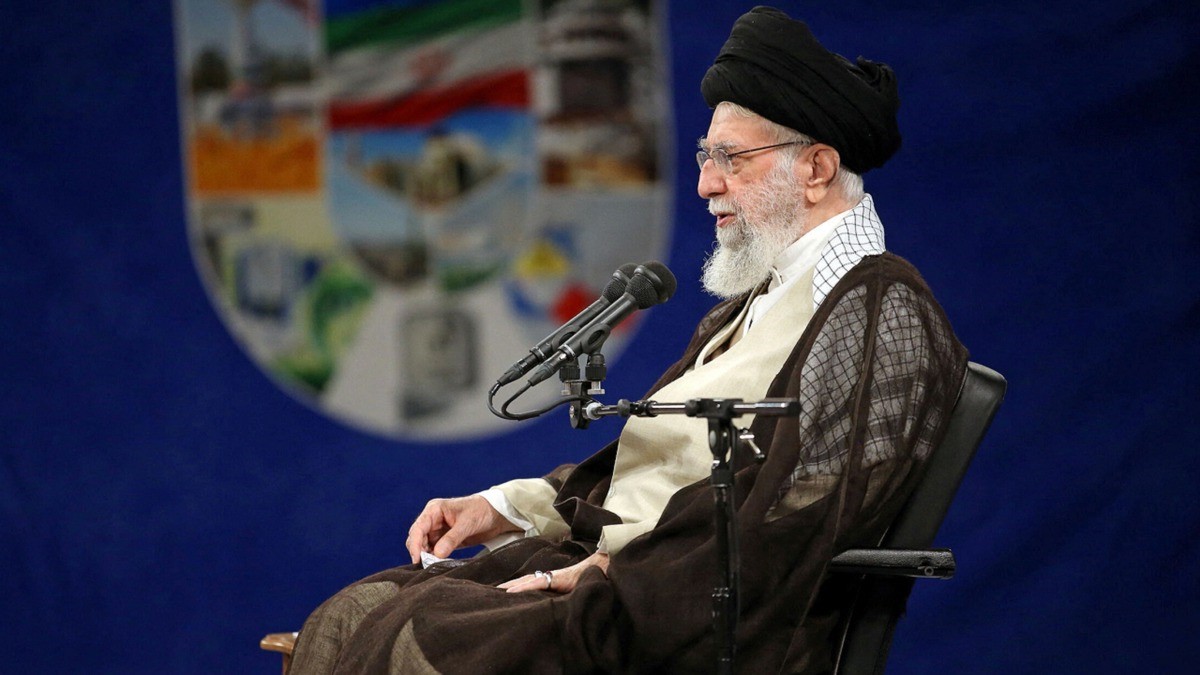The Surprising Reason Iran Isn’t An Arab Nation

Many people think Iran is an Arab country, but that's not true. Iran's culture, language, and history set it apart. While most Arab nations speak Arabic, Iranians speak Persian (Farsi). This difference in language is just the beginning. Iran's traditions and customs also differ greatly from those in Arab countries. The majority of Iranians are Persian, not Arab, and their rich history dates back thousands of years. Understanding these differences helps explain why Iran stands out in the Middle East. Let's dive into what makes Iran unique and why it's important to recognize these distinctions.
Understanding the Ethnic Composition of Iran
Iran's rich cultural tapestry often leads to misconceptions about its identity. One common misunderstanding is the belief that Iran is an Arab nation. However, Iran's ethnic composition tells a different story.
Persian Majority
The majority of Iran's population identifies as Persian. This ethnic group has a distinct language, Farsi, and a unique cultural heritage that sets them apart from Arabs.
Diverse Minorities
Iran is home to various ethnic minorities, including Azeris, Kurds, Lurs, and Baloch. Each group contributes to the nation's cultural diversity, further distinguishing Iran from Arab countries.
The Linguistic Landscape
Language plays a crucial role in defining national identity. Iran's linguistic landscape is another key factor that separates it from Arab nations.
Farsi Language
Farsi, also known as Persian, is the official language of Iran. Unlike Arabic, Farsi belongs to the Indo-Iranian branch of the Indo-European language family.
Minority Languages
In addition to Farsi, Iran recognizes several minority languages such as Kurdish, Azeri, and Balochi. These languages reflect the country's diverse ethnic makeup.
Historical and Cultural Differences
Iran's history and culture have evolved separately from those of Arab nations. These differences are rooted in ancient civilizations and historical events.
Ancient Persia
Iran's history dates back to the ancient Persian Empire, known for its contributions to art, science, and governance. This legacy continues to influence modern Iranian culture.
Islamic Influence
While Iran and Arab nations share Islamic traditions, Iran predominantly follows Shia Islam, whereas most Arab countries are Sunni. This religious distinction further differentiates Iran.
Geopolitical Distinctions
Iran's geopolitical landscape also sets it apart from Arab nations. Its strategic location and political alliances shape its unique identity.
Strategic Location
Iran's position between the Middle East and Central Asia gives it a distinct geopolitical role. This location influences its political and economic relationships.
Political Alliances
Iran's alliances often differ from those of Arab nations. For example, Iran maintains close ties with Russia and China, while many Arab countries align with Western powers.
Conclusion
Iran's identity is shaped by its ethnic composition, linguistic landscape, historical and cultural heritage, and geopolitical distinctions. These factors collectively explain why Iran is not an Arab nation.
Understanding Iran's Unique Identity
Iran stands out in the Middle East due to its Persian heritage. Unlike its Arab neighbors, Iran's culture, language, and history are deeply rooted in Persian traditions. The primary language, Farsi, and the rich history of the Persian Empire set Iran apart. This distinction is crucial for grasping the region's dynamics.
Iran's identity is shaped by its ancient civilization, which has influenced art, literature, and architecture worldwide. Recognizing this helps in understanding the country's unique position in the Middle East. Iran's non-Arab identity also impacts its political and social interactions with neighboring countries.
Appreciating Iran's distinct heritage fosters a deeper understanding of its role on the global stage. This knowledge enriches our perspective on the diverse cultures that make up the Middle East.

